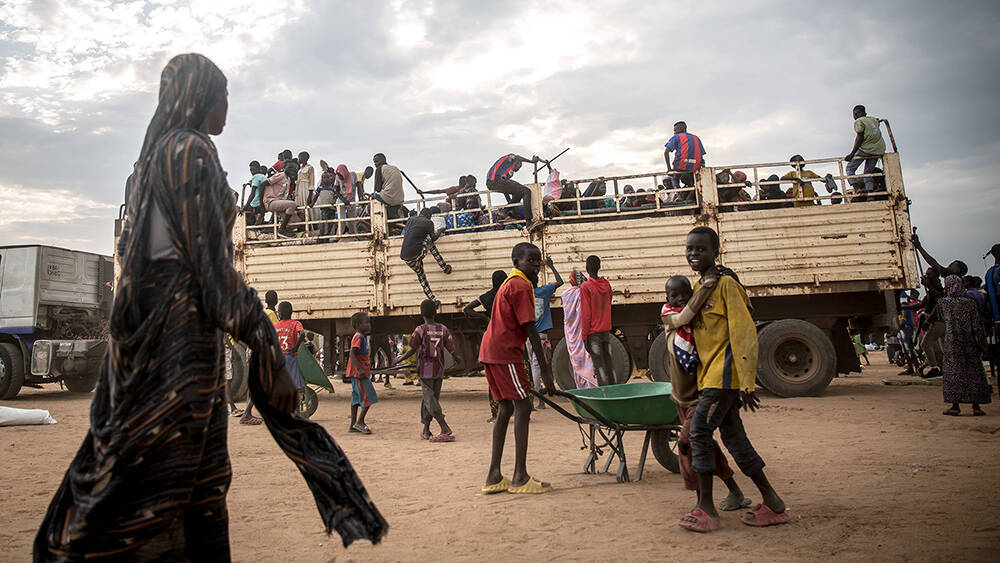War and Revolution in Sudan
Prospects for peace and progress in the face of economic crisis and armed counter-revolution

The northeast African country of Sudan has been torn apart by armed conflict since 15 April 2023, when fighting broke out between the Sudanese Armed Forces (SAF) and the paramilitary Rapid Support Forces (RSF) in the capital, Khartoum, before quickly spreading across almost the entire country. It has continued unabated since.
The war proved to be the final nail in the coffin of the country’s social revolution, burying any hopes of further transformation following the uprising that began in late 2018 and led to the fall of long-reigning dictator Omar al-Bashir. After the April 2019 coup that overthrew al-Bashir, a power-sharing agreement was reached between military figures like General Abdel Fattah al-Burhan and Mohamed Hamdan Dagalo on the one hand, and civilian representatives such as interim President Abdallah Hamdok on the other. Left-wing forces and the neighbourhood-level Resistance Committees that drove the revolution forward, however, remained sceptical.
The power-sharing agreement, which allowed Sudan’s military and established interests to curtail and hem in the revolutionary impulses that inspired the 2018 uprising, was repeatedly legitimized by foreign powers such as the so-called “troika states” (Norway, the UK, and US), the European Union, and the Arab states in the years running up to the current war. Rather than encourage Sudan’s democratic transformation, regional and world powers sought an accommodation with the ruling elite that ultimately ended in the current catastrophe.
As a result of the war and ongoing internal displacement, Sudan is currently experiencing the largest refugee crisis in the world. According to the International Organisation for Migration, more than 10 million people have now been displaced as a result of the fighting. The World Food Programme also warns of the world’s biggest hunger crisis. Absent a peace agreement and massive international aid, the situation threatens to grow even more dire.
Today, Sudan is a geopolitical battleground — but one ignored by the international community, preoccupied as it is with the fighting in other parts of the world. This new dossier, produced by the Rosa Luxemburg Foundation, members of the Sudanese community, and Migration Control, seeks to shed light on the ongoing turmoil in the country, the role played by our own governments, and the efforts of revolutionary activists on the ground to revive the emancipatory spirit of 2018–19.